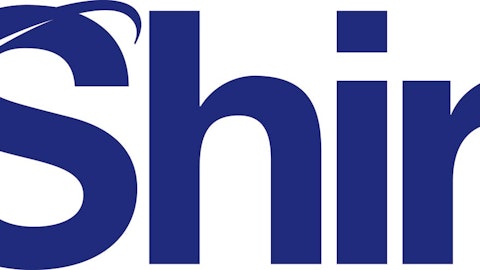
New Swaps Rules at a Glance
Derivative transactions come in a number of forms such as Interest Rate and Currency Swaps as well as Credit Default Swaps. The deals are designed to protect financial firms and other players in the swaps markets from fluctuations in interest rates, the value of currencies as well as the potential for default in consumer debt and mortgage loans.
But these deals can go south. In fact, the credit default swap game contributed to the financial crisis of 2008. Many of those deals were bets the big banks took on poorly performing mortgage backed securities that grew out of the sub-prime mortgage contagion.
So the CFTC was tasked with creating new swaps rules as part of the Dodd-Frank reform measure. Back in the day, many derivatives were traded exclusively in private. But now these deals will be processed through regulated trading platforms known as swap execution facilities. These platforms will help the Feds keep tabs on risky activity, much like a stock exchange.
The commodities watchdog will also require a wide array of these deals to clear through these platforms – more than the financial industry had hoped. The newly adopted “block trade rule” clarifies the types of trades that must pass through the swap execution facilities. Meanwhile some transactions will be exempt from this rule.
In particular, swap deals conducted by so-called commercial end users like airlines and agricultural companies. They rely on swaps as a hedge to protect against fluctuations in the currency and commodities markets. These are legitimate hedge transactions compared to the speculative trades conducted by large financial firms looking to make big bets in the hopes of making big money.
According to the New York Times Dealbook, CFTC head honcho Gary Gensler reportedly said “No longer will this be a closed, dark market.”
“I think what we’re planning to do tomorrow fulfills the Congressional mandate and the president’s commitment,” said Gensler.
How Will Big Banks Benefit from New Swaps Rules?
While there will be tighter regulatory control in the new scheme, the agency watered down a rule that will ultimately allow a few big banks to continue ruling the derivatives market.
And the players here include big banks like Goldman Sachs Group, Inc. (NYSE:GS), JPMorgan Chase & Co. (NYSE:JPM), and Morgan Stanley (NYSE:MS) among others.
Initially, the CFTC considered a requirement that asset management companies consult five banks when pricing a particular derivatives contract. The thinking was that this would lead to more competition among the big banks and therefore better pricing for the asset managers. But there was a strong push back by these leading financial firms and the agency lowered that requirement to only two banks. However, 15 months after the new rules are implemented the two bank requirement automatically goes up to three.
Because the derivatives market is a $700 trillion dollar game these key players will derive serious financial benefits. This is because they all will have a hand in creating and operating the swap execution facilities. Clearing deals through these platforms means these firms will garner profits from transaction fees. Moreover, these firms often serve as middle men in deals conducted by commercial end users where more fees will be scooped up.
